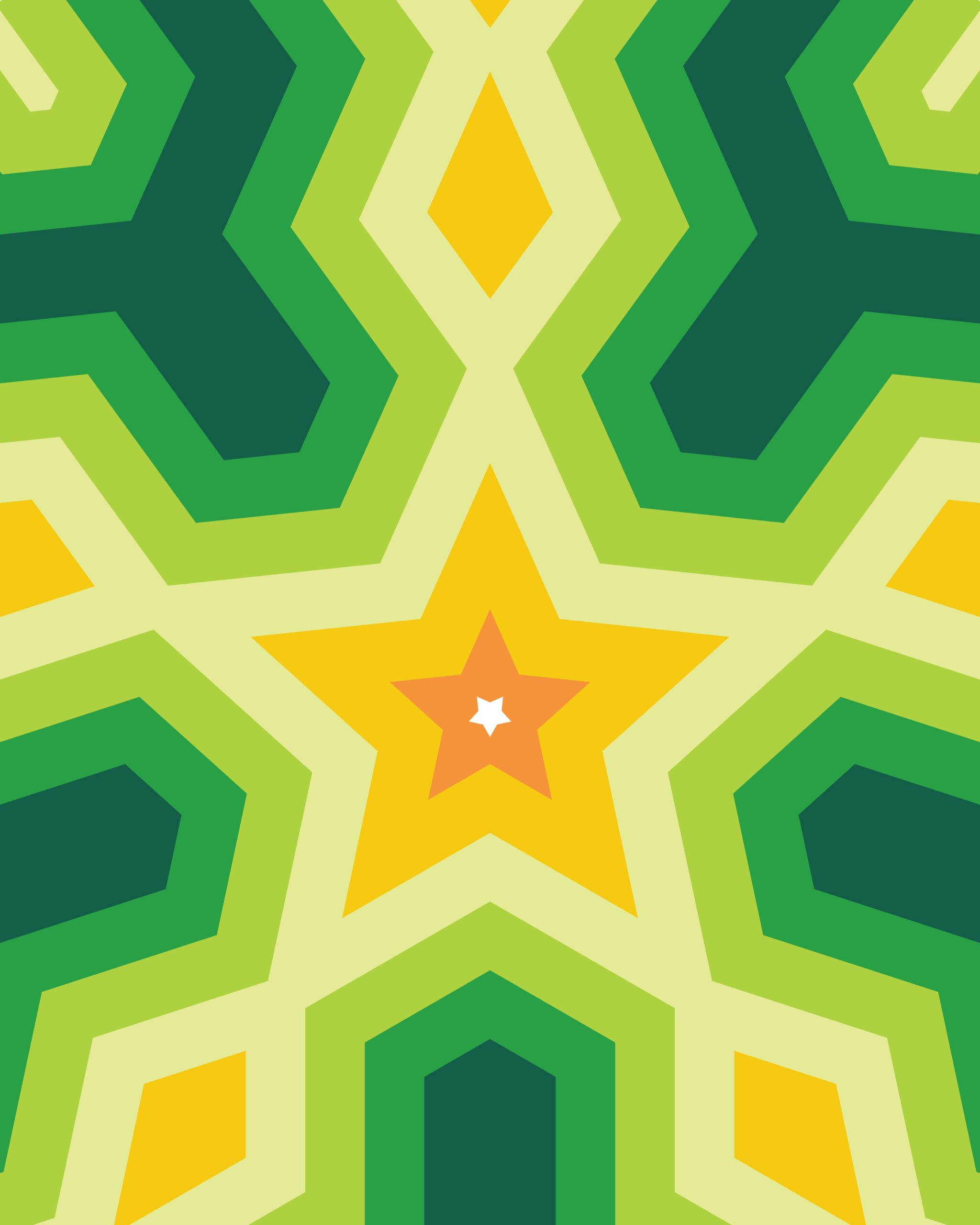A digital garden isn’t about perfect content or broadcasting to the masses. It’s a space to gradually cultivate your own thoughts and knowledge, like tending a personal garden.
As one digital gardener puts it: “A blog is for speaking to many people, but digital gardening is for speaking to yourself. You focus on what you want to grow, over time.”
This approach frees you from the pressures of external validation or monetization, letting you nurture your ideas in your own way.
Table of Contents
The Reality of the AI Scraping Era
But the rise of AI scraping casts a long shadow over this ideal.
AI now collects and analyzes web knowledge at unprecedented speed and scale, extracting information as easily as a human reads a page.
This new reality brings risks that can’t be ignored.
Key Risks
- Unauthorized Copying and Theft
The fruits of your digital garden can be harvested and reused by AI or others without your consent. - Obstructed Monetization
Openly shared knowledge is easily copied and repurposed, undermining the original creator’s value and potential revenue. - Privacy and Security Threats
Ideas or personal information can be misused by AI scraping, exposing you to risks you never intended.
Is the “Open Blogger” Still Viable?
The original purpose of a digital garden was to make your thinking and creative process transparent and accessible to anyone.
But with the spread of AI scraping, open knowledge sharing is shifting from a “cycle of goodwill” to a breeding ground for exploitation.
In fact, many business and recipe sites already suffer from unauthorized copying and ad revenue theft via scraping. Individual digital gardens are not immune.
How to Protect Your Garden Now
- Consider Limited Access or Paid Models
While openness is at the heart of digital gardening, today’s reality makes access controls and membership options worth considering. - Implement Technical Countermeasures
Tools like CAPTCHAs, access restrictions, and bot detection can help deter scraping. - Reevaluate What You Share
Not everything needs to be open. Distinguish between information to share publicly and knowledge to nurture privately.
Conclusion
The ideal of “open knowledge sharing” in digital gardens faces a major turning point in the age of AI scraping.
Goodwill alone is no longer enough—public sharing doesn’t always benefit you or society.
Deciding what to protect and what to open is the new wisdom digital gardeners need.
Who is your garden for, and how much of it should you open? Now is the time to reconsider.


Leave a Reply